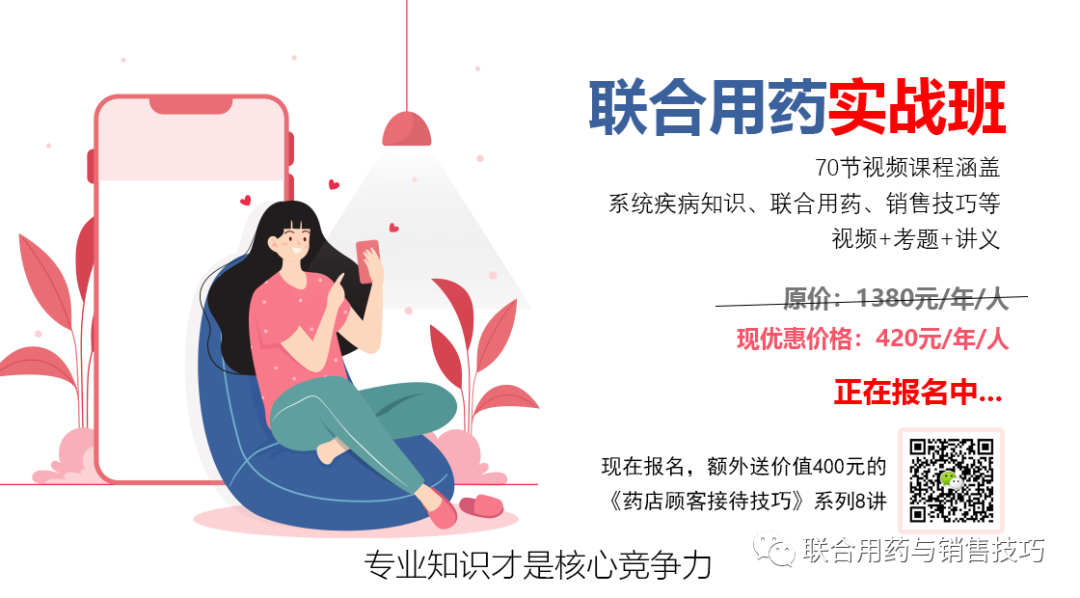 Skin allergies, also known as “sensitive” skin diseases, refer to abnormal phenomena such as redness, swelling, itching, peeling, and allergic dermatitis that occur when the skin is stimulated by various factors, such as cosmetics, chemical agents, pollen, certain foods, and polluted air.
Skin allergies, also known as “sensitive” skin diseases, refer to abnormal phenomena such as redness, swelling, itching, peeling, and allergic dermatitis that occur when the skin is stimulated by various factors, such as cosmetics, chemical agents, pollen, certain foods, and polluted air.
1. Common Causes
1. Aging, stress, mental tension, and depression, along with prolonged exposure to sunlight or air pollution, lead to the onset of skin allergies due to many uncertain factors.
2. Food allergies, with fish, shrimp, crab, and eggs being the most common.
3. Damage from low-quality cosmetics or inappropriate medications.
4. Specific constitution.
2. Key Points for Inquiry
1. Inquire about the location of skin lesions: Are they found on the limbs, neck, forehead, eyelids, or are they widespread across the body?
2. Inquire about symptoms: Is there skin itching? Are there red rashes in the affected areas, which may be scattered or diffuse, often with scratch marks due to itching? Severe itching may be accompanied by redness, dryness, blisters, or crusting and exudation.
3. Inquire if there are other allergic symptoms such as sneezing, runny nose, tearing, rashes, or airway obstruction.
3. Physical Examination and Auxiliary Tests
1. Laboratory tests may show elevated eosinophils and increased serum IgE levels.
2. Allergen testing.
4. Exclude the Following Diseases
1. Insect bites: Typical lesions are wheal-like papules with small vesicles at the top, usually without systemic symptoms.
2. Scabies: History of contact infection, common sites, and typical lesions; diagnosis can be confirmed if scabies mites are found.
3. Acute eczema: Complex etiology, lesions are polymorphic and symmetrical, prone to recurrence, often with erosion and exudation, and positive patch test.
5. Treatment Principles
Prevention is key, eliminate the cause; treatment primarily involves oral antihistamines.
|
Clinical Symptoms |
Symptomatic Treatment |
|
Skin itching |
Antihistamines: Chlorpheniramine maleate, Cetirizine hydrochloride, Loratadine Corticosteroids: Prednisone, Methylprednisolone, Mometasone furoate, Hydrocortisone, Dexamethasone Topical preparations: Calamine lotion, Anti-inflammatory ointment, Danpi phenol ointment, Anti-itch ointment |
|
Recurrent episodes |
Wind-dispelling and itch-relieving: Shiduqing, Xuedu Wan, Fuying Granules, Loratadine, etc. for oral use |
6. Related Sales
|
Category |
Symptomatic Treatment |
|
|
Main Drugs |
Antiallergic |
Such as Diphenhydramine, Cetirizine hydrochloride, Loratadine, Shiduqing, Xuedu Wan, Fuying Granules |
|
Topical |
Such as Mometasone furoate, Hydrocortisone, Triamcinolone acetonide, Danpi phenol ointment, Anti-itch ointment |
|
|
Adjuvant |
Calcium supplementation |
Such as Calcium gluconate zinc oral solution |
|
Symptom relief |
Such as Calamine lotion, Sophora flavescens wash (external wash) |
|
|
Related medications |
Nutrition support |
Such as Vitamin C, Liquid calcium, Propolis capsules, Grape seed soft capsules, Amino acids, Compound vitamin B |
For severe allergies, it is recommended to seek immediate medical attention.
7. Professional Tips
1. Eat more fresh fruits and vegetables rich in vitamins or take Vitamin C and B complex.
2. Try to avoid suspected allergens to prevent re-sensitization from pollen and chemicals; keep antihistamines at home.
3. Maintain a light diet, avoid stimulating and allergenic foods, ensure smooth bowel movements, and quit smoking and drinking.
4. Mometasone furoate, Hydrocortisone, and Triamcinolone acetonide should not be used in large amounts for extended periods.
(This article is for professional reference only)


